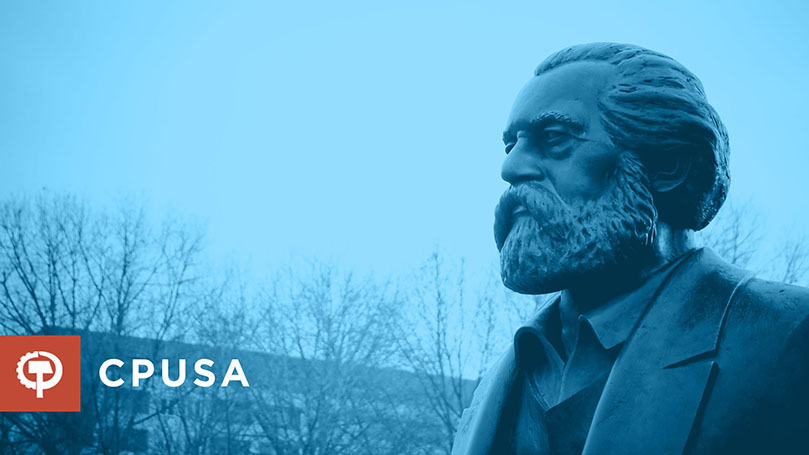
We tend to think of Marx as the great theorist of socialism and communism, but most of his writings actually deal with capitalism: its ‘laws of motion’ and internal contradictions, its mystifications and illusions, its development and eventual downfall. This week’s Marxist IQ celebrates the fundamental breakthroughs made by Marx in the understanding of the capitalist mode of production.
1. Marx saw capitalism as different from all previous class divided societies in that it
(a) would allow freedom and equality to flourish.
(b) was based on the exploitation of labor.
(c) sought to constantly transform rather than conserve the forces of production.
(d) made significant changes in the economy, but left other aspects of life unchanged.
2. Marx saw capitalism as similar to all previous class divided systems in that it
(a) was organized at all levels to sustain the wealth and power of the ruling class
(b) was based on hereditary monarchies
(c) had representative government
(d) was inherently racist
3. Marx saw the purpose of capitalist production, from its beginning to its end, as
(a) developing a free and open market
(b) using competition to drive innovation
(c) producing profits for the capitalist class
(d) allocating resources efficiently
4. Marx contended that capitalists extracted surplus-value, or profit, for their class by
(a) paying workers less than the value they produced.
(b) producing better products for the marketplace
(c) raising the living standards of the people as workers and consumers
(d) ending government regulation of their activities
5. Attempting to simplify and clarify Marx’s general theory, Lenin contended that it had three major components which were
(a) materialism, idealism, and revolution.
(b) materialism, surplus-value, and class struggle.
(c) bread, land, and peace.
(d) capitalism, socialism, communism.
Check your answers here.


 Join Now
Join Now